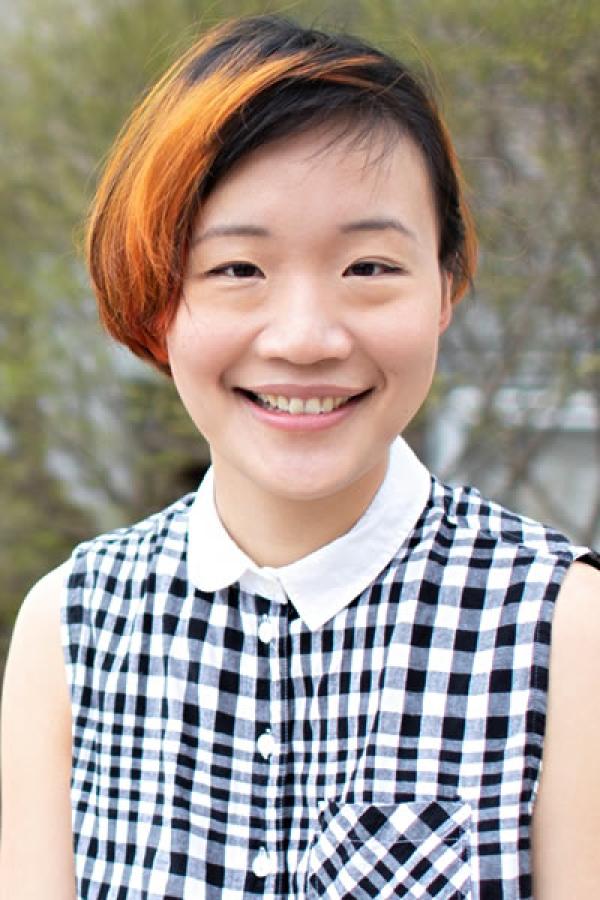Jennifer Shyue

Photo courtesy of University of Iowa
Bio
Jennifer Shyue is a translator focusing on contemporary Cuban and Asian-Peruvian writers and an assistant editor at New Vessel Press. She has an MFA in literary translation from the University of Iowa and a BA in comparative literature from Princeton University. Her work has been supported by fellowships from Cornell University’s Institute for Comparative Modernities and the Fulbright Program and has appeared in AGNI, American Chordata,the Arkansas International,the Common, Latin American Literature Today, the Margins, New England Review,the Offing, Shenandoah, and Words Without Borders, among other journals. Her translation of Julia Wong Kcomt’s Vice-royal-ties was published in 2021 by Ugly Duckling Presse.
Project Description
To support the translation from the Spanish of A Blind Salmon and Dead Gold by Julia Wong Kcomt (b. 1965). Through her 17 collections of poetry, Wong Kcomt has helped carve out a space in Peruvian consciousness for Peruvians of Chinese descent. Scholars estimate that as many as 10 percent of the current Peruvian population has Chinese ancestors and many of these lineages can be traced back to the countless Chinese laborers who were brought to Peru to replace enslaved Afro-Peruvians when slavery was abolished in the mid-1800s. This project will translate two of Wong Kcomt’s most celebrated collections into English.
I can no longer remember which book of Julia Wong Kcomt’s I read first, if only because her words have woven so firmly into my memory that it can be hard to remember [when] they weren’t there. Sometimes, when I experience something for the first time, what I am reminded of is not one of my own firsthand recollections, but an image from one of Julia’s poems or stories. The neon hours I once spent in Macau and Hong Kong—on a trip prompted by reading Julia’s novels—cannot be extricated from Julia’s words about those places. So, too, the time I spent in Lima on a Fulbright grant is anchored by memories of sitting at Julia’s table, or having her sit at mine as we ate congee on the eve of a pandemic.
It can be difficult to convince people to publish and read more than one book of poetry by a writer in translation. But given how much Julia’s motifs speak to me—her deserts, deftly code-switching multilingualism, fraught romantic relationships, shattering mother-daughter dynamics, sense of not-quite-belonging—how could I help but to commit myself to sitting with her words? This fellowship will make that sitting possible. Once I have finished translating these two full-length collections of poetry, the fact of this fellowship will also give me the courage to turn to Julia’s novels, which are haunted by vastly different voices but are no less mesmerizing. I am grateful to the National Endowment for the Arts for giving me a place to sit.

